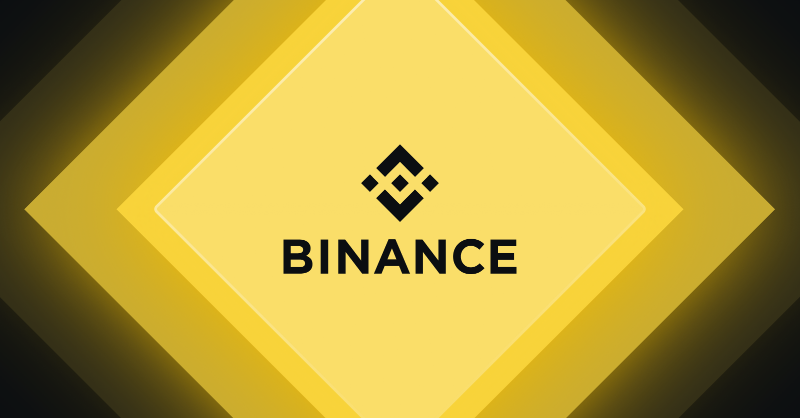Binance Pushes Back Against FTX Lawsuit, Calls Claims “Baseless”
21.05.2025 8:00 2 min. read Alexander Stefanov
Binance is seeking to dismiss a $1.76 billion lawsuit filed by the FTX estate, arguing that the legal action is an attempt to rewrite the story of FTX’s own collapse.
In a motion submitted to Delaware Bankruptcy Court on May 16, Binance stated that the now-defunct exchange is “ignoring the reality” of its downfall — a massive internal fraud scandal led by founder Sam Bankman-Fried, who is now convicted on multiple criminal counts. The crypto giant called the case “legally groundless” and accused FTX’s estate of building its claims on speculation and selective hindsight.
The lawsuit alleges that Binance unfairly benefited from a 2021 share repurchase funded by misappropriated customer assets and that CEO Changpeng Zhao (CZ) triggered FTX’s downfall with a 2022 tweet about liquidating FTT tokens.
Binance denies wrongdoing on both fronts, pointing to the 16-month gap between the buyback and FTX’s collapse, and arguing that Zhao’s tweet was based on widely publicized financial concerns raised by CoinDesk.
Moreover, Binance contends that the Delaware court lacks jurisdiction, as the entities named in the suit are based outside the U.S. and thus fall beyond its legal reach. The company has asked the court to throw out the case entirely.
Meanwhile, FTX continues its bankruptcy resolution. The estate announced it will begin a second round of creditor repayments totaling over $5 billion starting May 30. The funds will be distributed through BitGo and Kraken, targeting convenience class creditors, with payouts expected to range between 54% and 120% of the original claims.
-
1
Binance Founder Says Bloomberg’s USD1 Report is False, Threatens Lawsuit
13.07.2025 8:30 2 min. read -
2
Binance CEO Issues Urgent Crypto Security Reminder
09.07.2025 17:30 2 min. read -
3
Top 7 Crypto Project Updates This Week
19.07.2025 18:15 3 min. read -
4
EU Risks Falling Behind in Digital Finance, Warns Former ECB Board Member
06.07.2025 13:00 2 min. read -
5
Crypto Sector H1 2025 Roundup: Binance Report Shows Institutional Surge and Tech Growth
19.07.2025 11:00 2 min. read
Bank of Korea Launches New Division to Oversee Crypto and Stablecoin Developments
The Bank of Korea (BOK) has taken a significant step toward deepening its involvement in the digital asset ecosystem by establishing a dedicated virtual asset division, according to a report from local media outlet News1.
JPMorgan: Coinbase Could Gain $60B From USDC-Circle Ecosystem
A new report from JPMorgan is shedding light on the staggering upside potential of Coinbase’s partnership with Circle and its deep exposure to the USDC stablecoin.
5 Major US Events and How They Can Shape Crypto Market in The Next Days
The week ahead is shaping up to be one of the most pivotal for global markets in months. With five major U.S. economic events scheduled between July 30 and August 1, volatility is almost guaranteed—and the crypto market is bracing for impact.
eToro Launches 24/5 Stock Trading, Unlocking Round-the-clock Access to Top US Shares
Global fintech platform eToro has officially rolled out 24/5 trading on its 100 most popular U.S. stocks, giving users the ability to buy and sell equities at any time from Monday to Friday.
-
1
Binance Founder Says Bloomberg’s USD1 Report is False, Threatens Lawsuit
13.07.2025 8:30 2 min. read -
2
Binance CEO Issues Urgent Crypto Security Reminder
09.07.2025 17:30 2 min. read -
3
Top 7 Crypto Project Updates This Week
19.07.2025 18:15 3 min. read -
4
EU Risks Falling Behind in Digital Finance, Warns Former ECB Board Member
06.07.2025 13:00 2 min. read -
5
Crypto Sector H1 2025 Roundup: Binance Report Shows Institutional Surge and Tech Growth
19.07.2025 11:00 2 min. read


